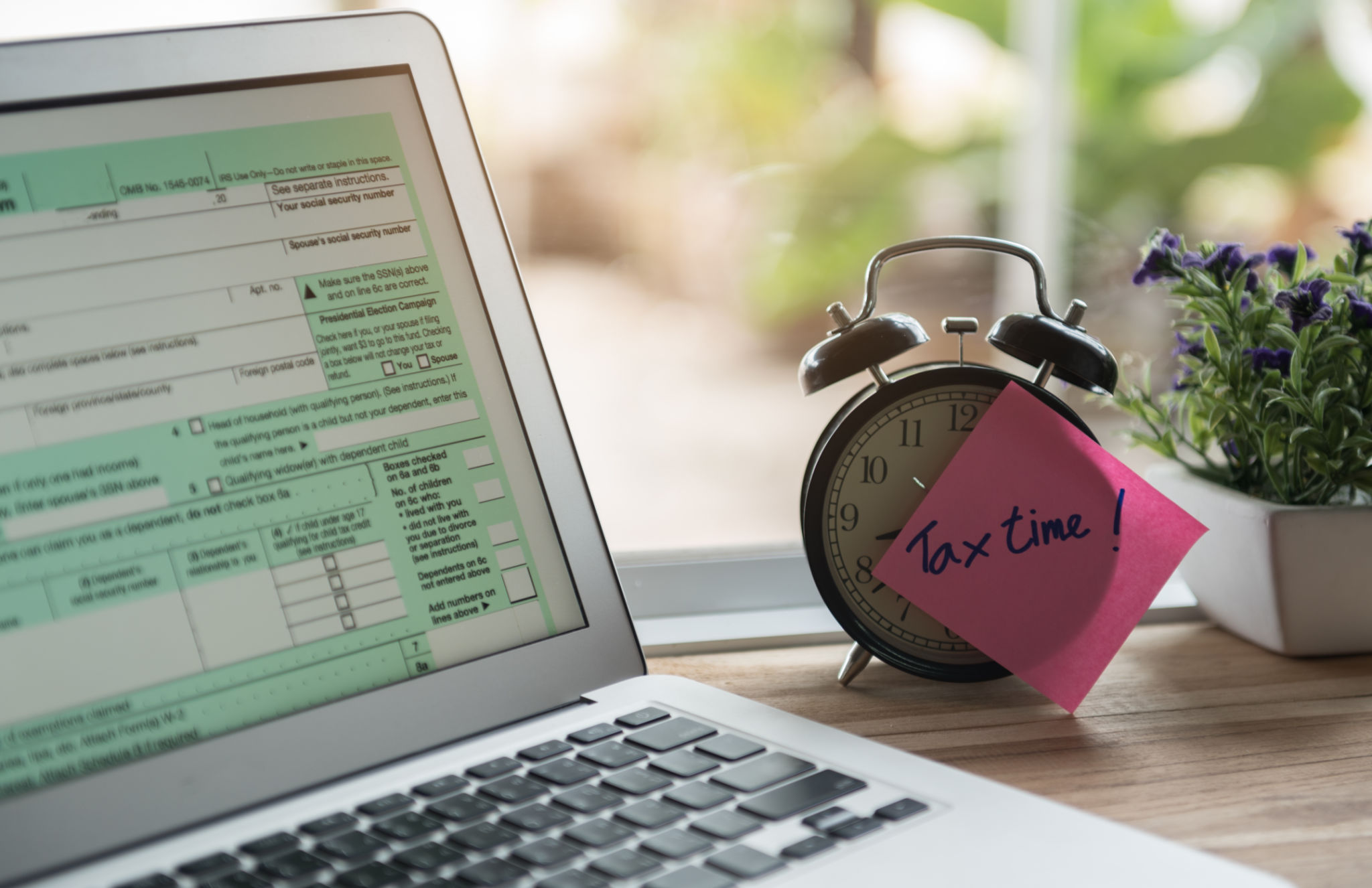A Step-by-Step Guide to Filing Your Business Taxes Efficiently
Understanding the Basics of Business Taxes
Filing business taxes can be a daunting task, but with a clear understanding of the basics, it becomes significantly more manageable. Business taxes are levied by the government on the profits generated by a company. These taxes can vary depending on the type and location of the business.
It's crucial to determine your business structure as it influences the type of taxes you'll be filing. Common structures include sole proprietorships, partnerships, corporations, and Limited Liability Companies (LLCs). Each structure has distinct tax obligations, so understanding where your business fits is essential.

Gathering Necessary Documentation
Before diving into the filing process, it's vital to gather all necessary documentation. This ensures a seamless and efficient tax filing experience. Start by collecting financial statements such as income statements and balance sheets, which provide a snapshot of your business's financial health.
You'll also need to gather receipts for expenses, bank statements, payroll records, and any other relevant financial documents. Having these items organized in advance will save you time and reduce stress as you prepare to file.
Choosing the Right Tax Forms
Once you have all your documents in order, the next step is to select the appropriate tax forms for your business. The forms you need will depend on your business structure. For instance, sole proprietorships typically file a Schedule C, while corporations may need to file a Form 1120.
It's important to carefully review each form to ensure you're meeting all necessary requirements. If you're unsure which forms apply to your business, consulting with a tax professional can provide clarity and guidance.

Calculating Your Taxable Income
Calculating taxable income is a critical component of filing business taxes. Begin by determining your total income for the year, which includes all revenue streams. From there, you'll subtract allowable deductions such as business expenses, operating costs, and depreciation.
Accurately calculating your taxable income ensures you're paying the correct amount of tax, minimizing the risk of penalties or audits. It's recommended to double-check calculations or use accounting software to enhance accuracy.
Filing Your Taxes
With your forms and calculations in hand, it's time to file your taxes. Most businesses opt to file electronically through the IRS's e-file system, which is quick and secure. However, you can also file by mail if you prefer a paper trail.
Ensure you meet all filing deadlines to avoid any late penalties. Keep in mind that different business structures may have varying deadlines, so verify the specific dates for your business type.

Maintaining Records Post-Filing
After successfully filing your taxes, it's important to maintain organized records of all submissions and documentation. This includes copies of tax returns, confirmation receipts, and any correspondence with tax authorities.
Keeping meticulous records not only aids in future filings but also provides a safeguard in the event of an audit. Additionally, these records can be valuable for financial planning and decision-making in your business.
Seeking Professional Assistance
If at any point you find yourself overwhelmed by the tax filing process, don't hesitate to seek professional assistance. Tax professionals can offer valuable insights and expertise, ensuring that you comply with all regulations and take advantage of available deductions.
Working with an accountant or tax advisor can save you time and potentially reduce your tax liability through strategic planning and advice.
Staying Informed on Tax Changes
The world of business taxes is ever-evolving, with new regulations and changes occurring regularly. Staying informed about these changes is essential for maintaining compliance and optimizing your tax strategy.
Consider subscribing to tax-related newsletters or working closely with a tax professional who can keep you updated on relevant developments. Staying proactive in understanding tax law changes will benefit your business in the long run.

